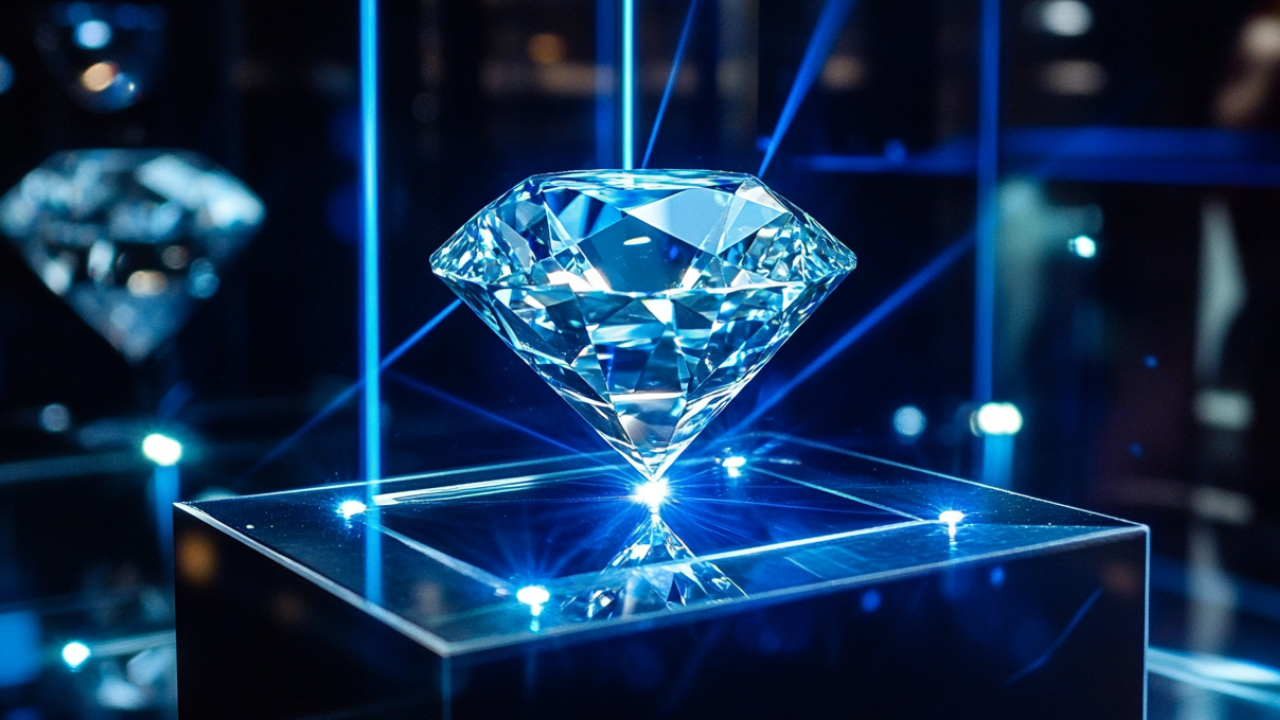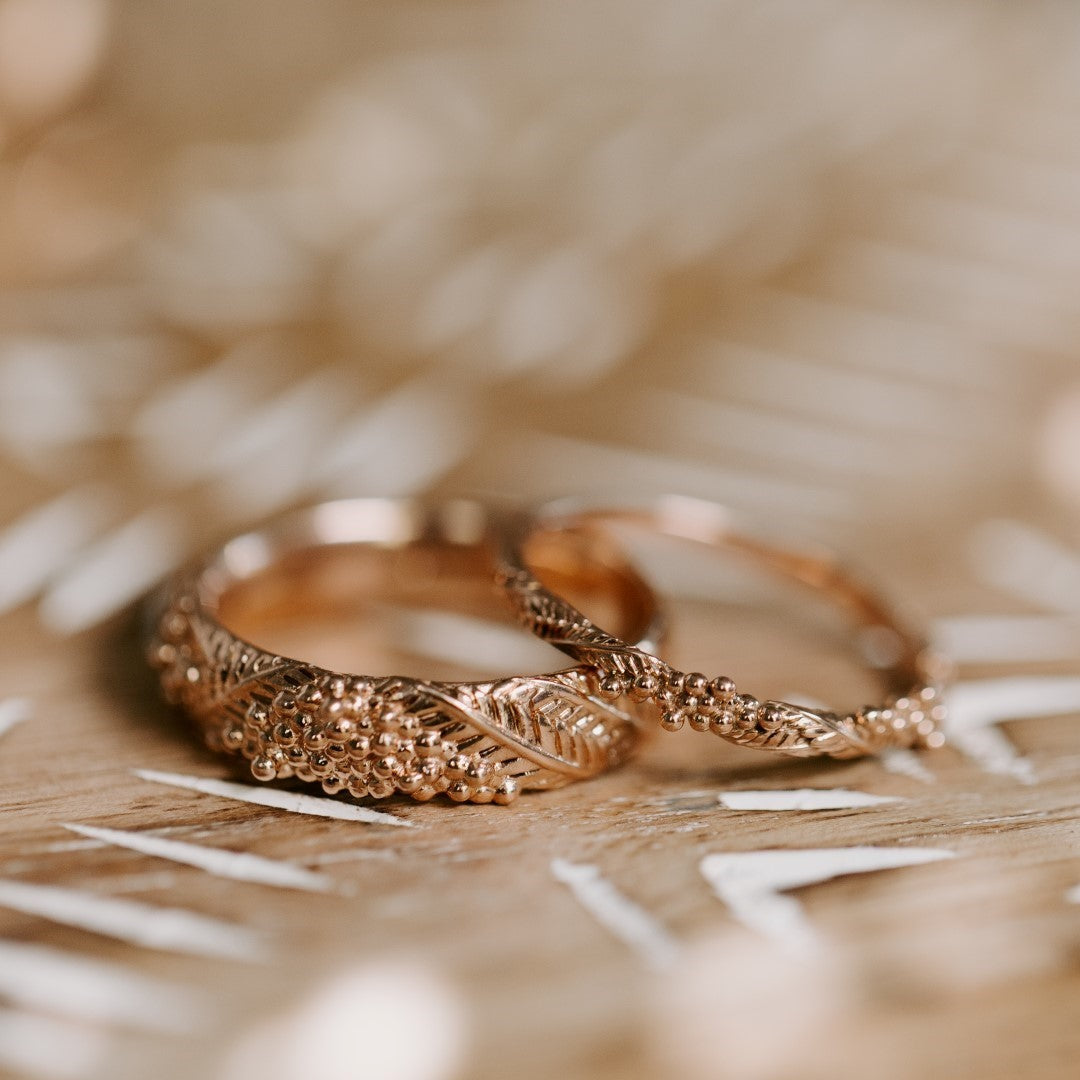
1. Introduction to Diamond Certification
When it comes to purchasing a diamond, understanding certification is crucial. Diamond certification ensures that you’re getting a stone of quality and authenticity. But two major players in the diamond grading world—GIA (Gemological Institute of America) and igi vs gia (International Gemological Institute)—often create confusion among buyers. Which one should you trust? Let’s dive deep into the differences, similarities, and what they mean for your diamond-buying experience.
2. What is GIA?
2.1 History and Reputation
The GIA is the gold standard in diamond grading. Founded in 1931, it has set the benchmark for quality and integrity in the industry. If you’re looking for a certification that carries weight, GIA is it. Diamonds graded by GIA are often more sought after due to the institute’s strict standards and reputation for excellence.
2.2 Certification Process
GIA employs a meticulous certification process. Each diamond is examined by a trained gemologist who evaluates it based on the 4 Cs: Cut, Color, Clarity, and Carat weight. The grading is thorough and comprehensive, ensuring that every detail is accounted for.
2.3 GIA Grading Scale
GIA uses a standardized grading scale. For instance, in terms of cut, diamonds are graded from Excellent to Poor. This uniformity helps buyers understand exactly what they’re getting. If you see a GIA certificate, you can rest assured it’s been scrutinized under a microscope!
3. What is IGI?
3.1 History and Reputation
IGI was founded in 1975 and has gained significant traction, especially in Europe and Asia. While it’s reputable, it doesn’t quite carry the same weight as GIA in the eyes of many gemologists and consumers. Still, it’s a respected institution and offers a range of grading services.
3.2 Certification Process
Similar to GIA, IGI also assesses diamonds based on the 4 Cs. However, the process and criteria may vary slightly. IGI is known for being more lenient in its grading compared to GIA, which can be a double-edged sword. It may make lab grown diamonds seem more appealing on paper, but it also raises questions about accuracy.
3.3 IGI Grading Scale
IGI has its own grading scale, and while it’s comprehensive, some argue that it doesn’t match the rigor of GIA’s. For example, the “Very Good” grade from IGI might not be the same quality as GIA’s “Very Good.” This discrepancy can lead to confusion among buyers.
4. Key Differences Between GIA and IGI
4.1 Grading Standards
This is where the main contention lies. GIA is known for its stringent grading, while IGI tends to be more flexible. This flexibility can be appealing to sellers, but as a buyer, you want a clear picture of what you’re purchasing.
4.2 Price Considerations
Typically, diamonds certified by GIA are priced higher than those graded by IGI. This difference reflects the perceived value and trust associated with GIA’s rigorous standards. If you’re looking for a diamond that holds its value, a GIA-certified stone might be the way to go.
4.3 Consumer Trust
In general, GIA carries more consumer trust than IGI. Many jewelers will endorse GIA-certified diamonds as a way to reassure buyers about quality. However, IGI has its loyal customers, particularly those who prioritize cost savings.
5. Why Certification Matters
5.1 Understanding Diamond Quality
Certification helps you understand the quality of the diamond you’re considering. It’s like having a report card; you want to know how well your diamond performs across the grading metrics. Without a certification, you’re flying blind!
5.2 Importance of Resale Value
A GIA-certified diamond often has a higher resale value than an IGI-certified one. If you ever plan to sell your diamond, this is something to keep in mind. Diamonds are an investment, and you want to ensure that yours retains its value.
6. How to Choose Between IGI and GIA
6.1 Consider Your Priorities
Think about what matters most to you. Are you focused on price, or is quality your main concern? If you want the best of the best, GIA is likely the better choice. But if you’re on a budget and looking for something more affordable, IGI can offer good options.
6.2 When to Trust Each Certification
Use your judgment based on the specific diamond you’re looking at. For example, if you find an IGI-certified diamond that meets your criteria, it might still be a solid choice. Just make sure to compare it against similar GIA stones to gauge its value accurately.
7. The Impact of Certification on Buying Decisions
7.1 Buyer Confidence
A reputable certification can boost your confidence in your purchase. Knowing that your diamond has been rigorously evaluated can make you feel secure in your investment. It’s like having a trusted friend vouch for your choice!
7.2 Negotiating Power
Having a GIA certification can also give you more negotiating power. Sellers are more likely to trust a GIA-certified diamond, which can lead to better deals. If you have the certification in hand, you can leverage that for a better price.
8. Conclusion: Making Informed Choices
In the debate of IGI vs. GIA, it ultimately comes down to what you value most in your diamond-buying experience. If you prioritize trust, accuracy, and resale value, GIA is the clear winner. However, if you’re looking for affordability without compromising too much on quality, IGI can be a suitable option. Regardless of your choice, understanding the differences will empower you to make a more informed decision. After all, a diamond isn’t just a piece of jewelry; it’s a lasting symbol of love and commitment. Choose wisely, and let your diamond shine!





